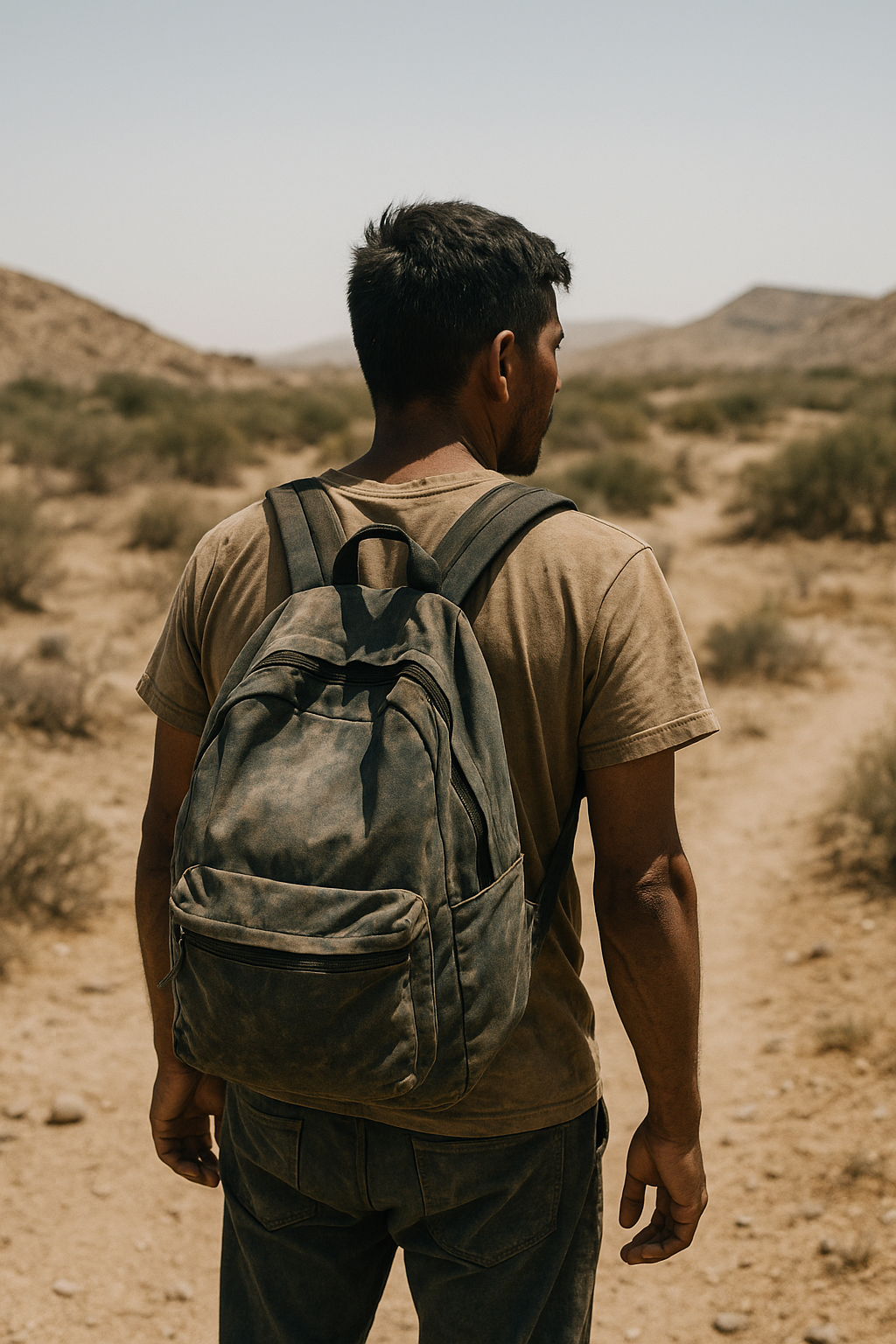UN Expert Urges Mauritania to Strengthen Migrant Protection and Rights
The appeal came from Gehad Madi, UN Special Rapporteur on the human rights of migrants, at the conclusion of his official visit to the country.

A United Nations human rights expert has called on the Government of Mauritania to accelerate the implementation of its legal commitments toward protecting migrants and ensure that national practices fully comply with international human rights standards.
The appeal came from Gehad Madi, UN Special Rapporteur on the human rights of migrants, at the conclusion of his official visit to the country.
Commendation for Progress
Madi praised Mauritania for several steps already taken to address migration challenges. These include:
-
Adoption of laws to combat trafficking in persons and migrant smuggling.
-
Establishment of reception centres for migrants.
-
Strengthening of search and rescue operations at sea, an important measure in a region where migration routes can be perilous.
He acknowledged the political will demonstrated by Mauritanian authorities, noting their stated commitment to aligning migration policies with human rights norms.
Concerns About Gaps in Practice
Despite progress, the Special Rapporteur identified significant gaps between Mauritania’s legal frameworks and their implementation.
“During my visit, I heard testimonies that indicated instances of arbitrary arrests, prolonged detention in difficult conditions, and collective expulsions without individual assessment or access to legal assistance,” Madi said.
He raised particular concern over the situation of migrant women and children, who face greater risks of violence, exploitation, family separation, and other vulnerabilities.
Allegations of Discrimination
Madi also highlighted reports of discriminatory practices and misconduct involving some security officials, particularly targeting migrants from sub-Saharan African countries. He urged Mauritanian authorities to conduct independent investigations into such allegations and to adopt measures to prevent further abuses.
Recommendations for Reform
The Special Rapporteur outlined a series of recommendations aimed at strengthening Mauritania’s protection of migrants:
-
Adoption of a comprehensive asylum law with fair, transparent, and efficient procedures.
-
Ending collective expulsions, replacing them with individual case assessments in line with international legal standards.
-
Improving detention conditions, particularly in facilities where migrants are held.
-
Simplifying administrative procedures for obtaining residence permits.
-
Expanding human rights training for security forces.
-
Establishing independent oversight mechanisms to monitor detention centres and migration enforcement practices.
Role of the International Community
Madi stressed that Mauritania cannot meet these challenges alone. He called for technical and financial support from the international community to help the country:
-
Build institutional capacity for asylum processing.
-
Strengthen protection measures for women and children.
-
Enhance oversight of detention facilities.
He also urged increased support to humanitarian organisations such as the International Organization for Migration (IOM), the UN Refugee Agency (UNHCR), and civil society actors working directly with migrants.
Commitment to Ongoing Engagement
The Special Rapporteur pledged to continue engaging with the Mauritanian authorities, UN partners, and civil society to support the implementation of reforms that protect migrants’ rights and align the country’s practices with international standards.
“The protection of migrants is not only a legal obligation but also a matter of human dignity,” Madi emphasized, calling for a shift from reactive measures to sustainable, rights-based migration management.
ALSO READ
DPR Korea: UN report finds human rights situation still dire, a decade on
China-Serbia Extradition Treaty Raises Concerns Over Human Rights and Foreign Influence
China's Human Rights Dilemma: Crackdowns and Courage
UN Human Rights Chief Urges Restraint Amid Nepalese Unrest
Global Human Rights Concerns and Tibetan Struggles Highlighted at UNHRC










